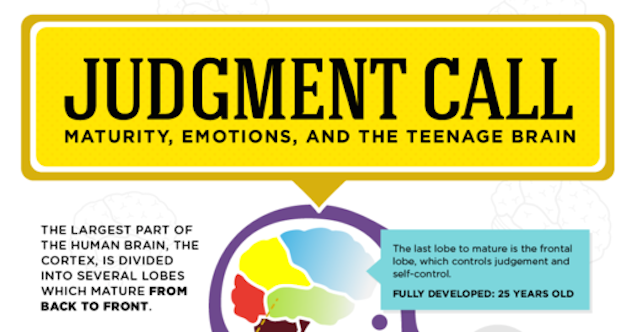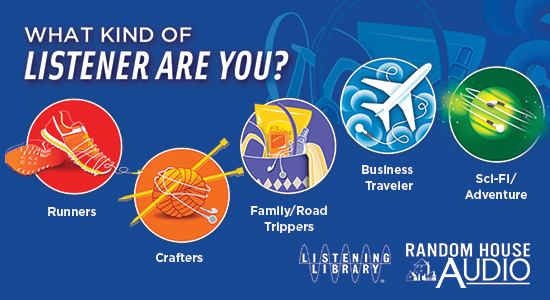Understanding Your Teens … and Their Brains
October 1, 2014
Trying to guide a teenager to make the correct judgment calls in stressful situations can seem like an impossible task for parents. Even the teenager who seems to be more mature than his peers can still find himself participating in behavior he knows is wrong.
So why do teenagers seem to give in to impulses and peer pressure so easily? And why do they react impulsively and emotionally to stressful situations?
The answer lies in the teenage brain. The human brain doesn’t fully mature until the age of 25, and the portion of the brain that helps the teenager to exhibit self-control is the last part to mature. A teenager’s brain may only be 80% developed, leaving teenagers in a position where they give in to emotions and peer pressure more easily.
Making a Poor Choice
A friend relayed this story recently.
Her daughter was a straight “A” student, and her high school teachers raved about her maturity level. The daughter always made her curfew on the weekend, and was an extremely careful driver.
One Saturday night though, the daughter returned home in tears, sheepishly carrying a traffic ticket from the Sheriff’s Office. Between sobs she explained that she had piled four friends in her car, which is three more than she is allowed under her restricted driver’s license for 16-year-olds.
When her parents asked the daughter why she would make such a choice, she just shook her head and ran to her room. Her parents couldn’t understand how their mature daughter would make a choice that the three of them had discussed numerous times would result in losing driving privileges for a month.
Understanding the Brain’s Development
Almost every parent could relay a similar story. And almost every parent has the same difficulty in understanding why the teenager would make the choice she knows is wrong. Because the development of the brain is largely biological, rather than entirely psychological, even a mature teenager is susceptible to making poor judgment calls on occasion.
To figure out how such a situation could occur, it will help to understand a bit more how the teenager’s brain develops.
- Frontal lobe. The frontal lobe is the largest part of the brain, and it’s also the final portion that develops. The frontal lobe helps people make rational decisions and exhibit self-control. Considering the teenager’s brain isn’t developed fully in the frontal lobe, some of these odd decisions are a bit more understandable.
- Prefrontal cortex. Another area of the brain that develops late in humans is the prefrontal cortex, which is involved in controlling emotion. This level of immaturity in this portion of the teenage brain results in risky behavior. It also explain why teenagers seem to give in to peer pressure, as shown in the situation described earlier.
When compared to an adult, the immaturity in these two areas of the teenager’s brain may manifest itself in over-sensitivity to:
- Alcohol usage
- Drug usage
- Peer pressure
- Risk-taking
- Stressful situations
Show Your Teen Some Empathy
Because of the differences in the adult brain versus the teenage brain, it can be tough for an adult to understand just how their teenager is interpreting a situation or to predict how the teenager may react when confronted with a group of peers trying to talk her into a decision she knows is wrong.
The best advice for parents looking to help their teenagers work through some of these challenging decisions is to show understanding. As the following graphic explains, letting your teenager know she can discuss her feelings and decision-making processes with you at any time is another important aspect of helping the teenager. Show plenty of patience, and you’ll be able to work through almost any problem together … even if both of you don’t interpret every situation the same way because of the different maturity levels of your brains!








